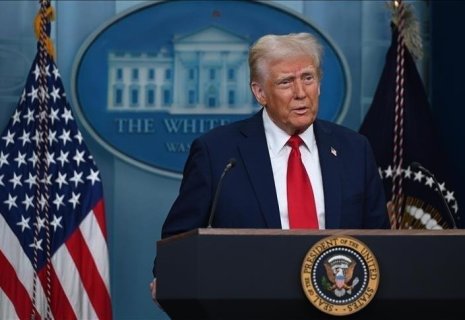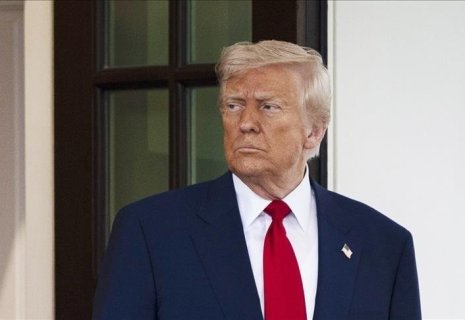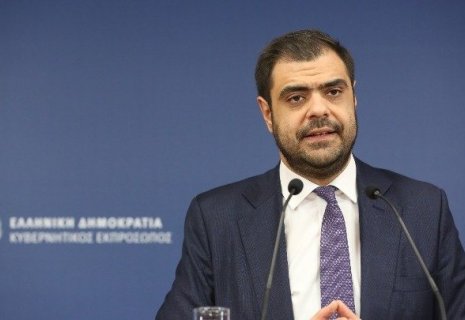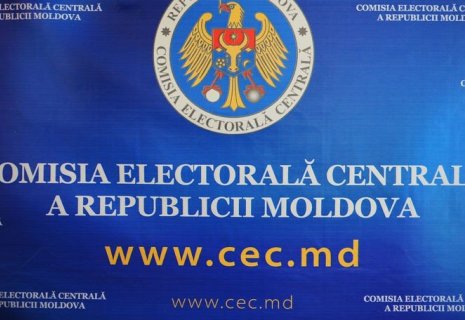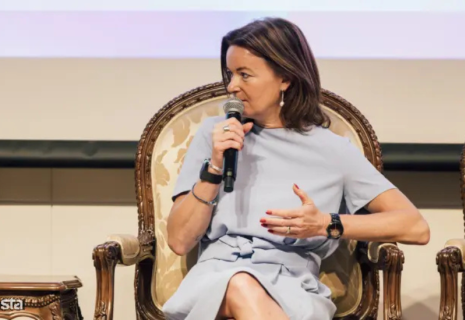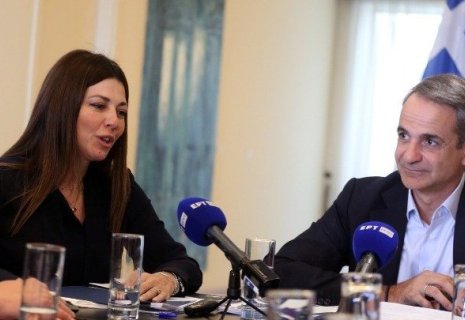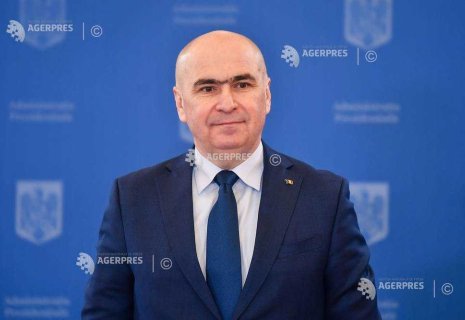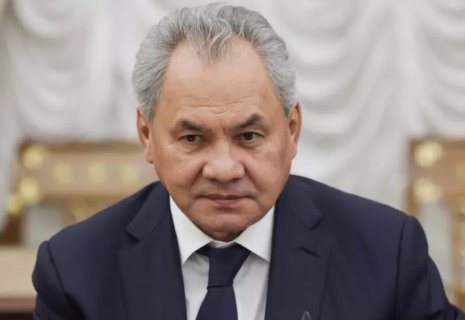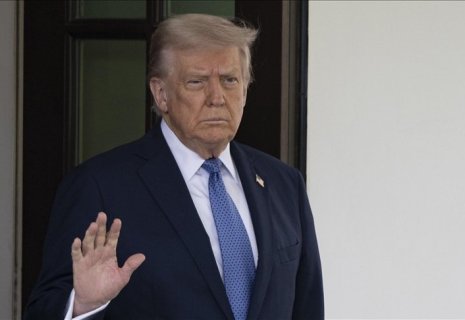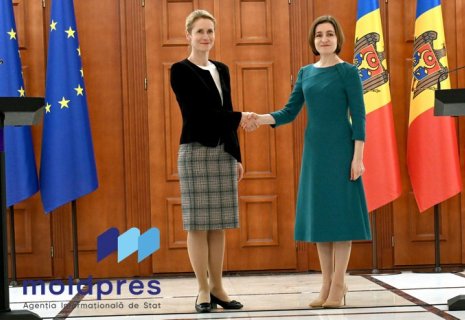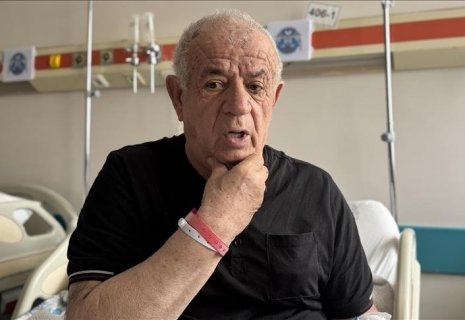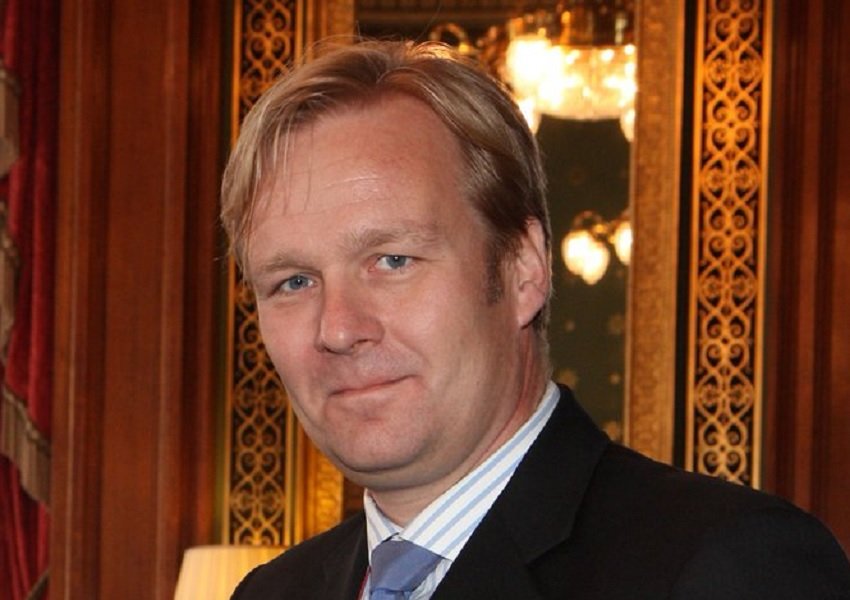
EU envoy for Kosovo-Serbia dialogue appointed
The High Representative of the European Union for Foreign Affairs and Security Policy, Kaja Kallas, has decided that Danish diplomat Peter Sørensen will serve as the EU's special representative for the Kosovo-Serbia dialogue.
Radio Free Europe has learned from EU diplomatic sources that Sørensen’s name has been sent to the bloc's member states for approval, CE Report quotes Kosova Press.
His candidacy will be on the agenda of the EU’s Political and Security Committee (PSC), where all member states are represented. According to diplomatic sources, the confirmation of Sørensen by the member states is expected to be a mere formality, as Kallas has already chosen him as the special envoy for the dialogue.
EU special representatives are appointed by the bloc's High Representative but must also be confirmed by member states in the Council. Sørensen is expected to be confirmed in the envoy post by the end of the month, allowing him to begin his mandate in early February. The current envoy, Miroslav Lajčák, completes his term on January 31.
Sørensen, from Denmark, has extensive diplomatic experience within EU structures. He currently serves as a Senior Advisor in the European External Action Service (EEAS) for digital diplomacy.
He has held several positions in the Western Balkans, including as the EU's Special Representative for Bosnia and Herzegovina and Head of the EU Office in Sarajevo. He also served as the head of the EU delegation in Skopje.
Previously, Sørensen worked as an advisor in Kosovo for the United Nations Mission in Kosovo (UNMIK) and as a special representative for the EU’s High Representative in Serbia. In the Balkans, he has also worked with the Organization for Security and Cooperation in Europe (OSCE) in Croatia.
His experience in the region is cited as one of the reasons why Kallas decided to appoint him as Lajčák's successor.
EU diplomatic sources told Radio Free Europe that Sørensen is expected to focus solely on the Kosovo-Serbia dialogue and will not have other responsibilities related to the Western Balkans, as his predecessor did.
During Lajčák's nearly five-year term, Kosovo and Serbia reached agreements toward normalizing relations. The agreement, which has not been signed, is legally binding, according to the EU.
The dialogue began in 2011, and several agreements have been reached throughout the process, though few have been implemented on the ground.

